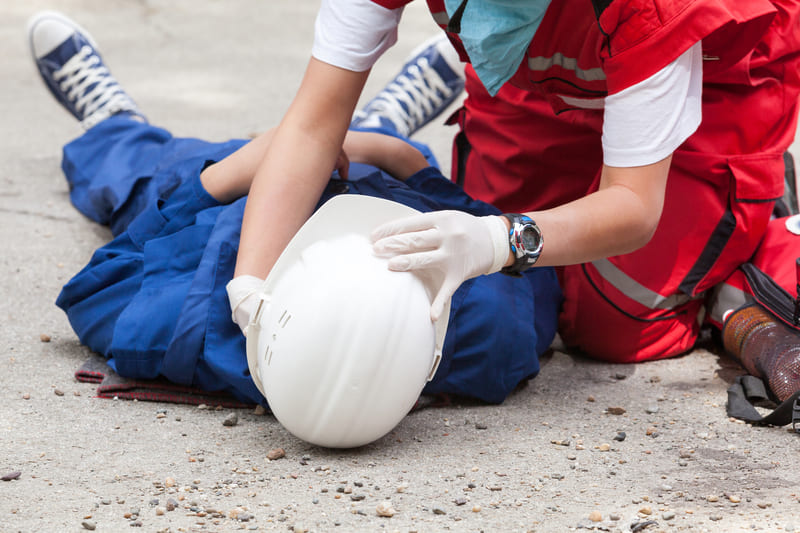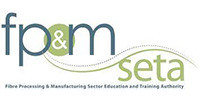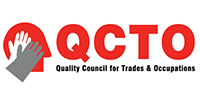If you’re looking to become a safety officer in your place of work, completing a safety officer course is a must. When it comes to looking after the environment of the workplace, a safety officer has many responsibilities. From ensuring compliance with industry standards to investigating accidents, the roles of safety officer span far and wide.
Here at EMCARE, we are dedicated to providing aspiring safety officers with the skills and knowledge they need to promote a culture of safety within their workplace. In this quick read, we’ll be breaking down what exactly a safety officer does and why completing a safety officer course is so important.
The Role Of Safety Officers
While a safety officer has many responsibilities and duties to attend to, their primary objective is to ensure that their workplace is a safe and healthy environment for everyone that works there. This is achieved by enforcing specific procedures and protocols, such as risk assessment and hazard identification, that help to maintain the safety of the working environment.
To better understand what exactly safety officers do, here’s a quick breakdown of the primary roles they have in the workplace:
Training Employees
If you’ve ever completed a safety officer course, you’ll know that education and training are extremely important when it comes to keeping the workplace safe. Once you complete your safety officer course and begin working as a safety officer, training employees in health and safety practices will take up a large part of your job.
All companies are required by law to comply with the latest health and safety regulations, which means that all employees must be trained on safety topics. This training is typically conducted by a safety officer, which is why completing a safety officer course is so essential.
Ensuring Compliance With Health & Safety Regulations
Being a safety officer means more than just training employees on safety protocols, it also means staying on top of the latest health and safety training. In order to maintain a high standard of safety, safety officers need to act by the book and ensure that each health and safety procedure is upheld and properly followed.
Adhering to relevant safety protocols not only ensures a safe working environment but also provides safety officers with a proper structure on how to train employees and perform other important duties in the workplace.
Investigating Accidents
Accidents of all nature, whether they be minor or severe, are to be inspected by safety officers. Once you’ve completed your safety officer course training, you’ll be clued in on all there is to know about identifying the root causes of accidents and preventing future accidents from happening again. No matter how minor the accident may seem, it needs to be investigated by the safety officer to ensure that no more harm is caused within the workplace.
To ensure that all accidents are thoroughly investigated from start to finish, safety officers are also tasked with submitting the relevant documents regarding an accident to the company leaders, further promoting a culture of safety within the workplace.

Emergency Preparedness
If you’ve never completed a safety officer course, you might think that no accident can be entirely avoided. However, safety officers are trained to mitigate any potential risks and hazards during the event of an emergency, which can make a significant difference in protecting the lives of employees and company property.
During your safety officer course training, you’ll learn how to develop and implement emergency response plans, allowing you to handle all emergency situations from minor papercuts to office fires. By implementing fire drills and other emergency practice procedures, employees will be better equipped to ensure the safety of those around them should a serious emergency occur.
Risk Assessment
To truly ensure that your workplace is safe, you’ll need to conduct regular risk assessments during your role as a safety officer. While some may argue that no accident can truly be prevented, identifying potential hazards in the workplace can greatly reduce the likelihood of an accident occurring.
Whether it be a chemical hazard or physical hazard, identifying these areas of potential risks helps safety officers to determine the level of risk and how much of a danger it poses to the overall workplace. Once these potential hazards have been mitigated, these findings are documented to monitor the nature of these risks within the workplace.

Why Is A Safety Officer Course So Valuable?
If you’re truly committed to becoming a safety officer for your place of work, completing a safety officer course is crucial. Not only does safety officer training help to ensure workplace safety, but it also ensures regulatory compliance and promotes a culture of safety within the workplace.
Becoming a safety officer requires a great deal of training, experience and knowledge, which is why a safety officer course is so valuable for aspiring safety officers and working environments overall. From legal considerations to emergency readiness, there are modules that are covered in safety officer training that every safety officer should know.
Become A Safety Officer With EMCARE’s Safety Officer Course
There’s no doubt that any workplace greatly benefits from the help of a safety officer, especially when it comes to emergency preparedness, training employees on proper safety procedures and mitigating potential hazards within the workplace. Whether you’re an aspiring safety officer or want to be more clued in on essential safety skills and practices, completing a safety officer course is the way to go.
As a specialised health and training facility, EMCARE has got you covered. To get started on your safety officer training today, simply visit our website or get in touch with us via our online contact form.















